Introduction to Artificial Intelligence
Artificial Intelligence (AI) has been a subject of intense discussion and debate for several decades. The rapid advancement in technology has brought AI from the realm of science fiction into our everyday lives. From virtual assistants like Siri and Alexa to autonomous vehicles and advanced data analytics, AI is transforming how we interact with the world.
But the question remains: Is AI the future or not? In this article, we will explore the various aspects of AI, its potential benefits, challenges, and the role it will play in shaping our future.
The Evolution of AI
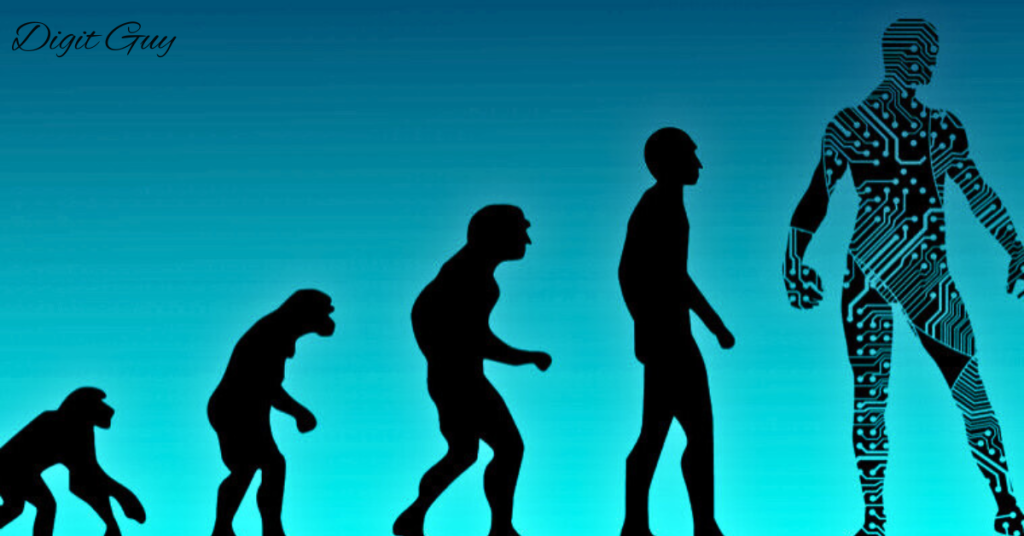
Historical Background
The concept of AI dates back to ancient times with myths and stories about artificial beings endowed with intelligence. However, the contemporary history of AI commenced in the mid-20th century. Alan Turing, often considered the father of AI, posed the question, “Can machines think?” His work laid the groundwork for the development of intelligent machines.
Early Developments
In the 1950s and 1960s, the field of AI began to take shape with the development of early computer programs that could perform tasks such as playing chess and solving algebra problems. The Dartmouth Conference in 1956 marked the official birth of AI as a field of study.
Early AI research focused on problem-solving and symbolic methods, but progress was slow due to limited computational power and data availability.
Advancements in Machine Learning
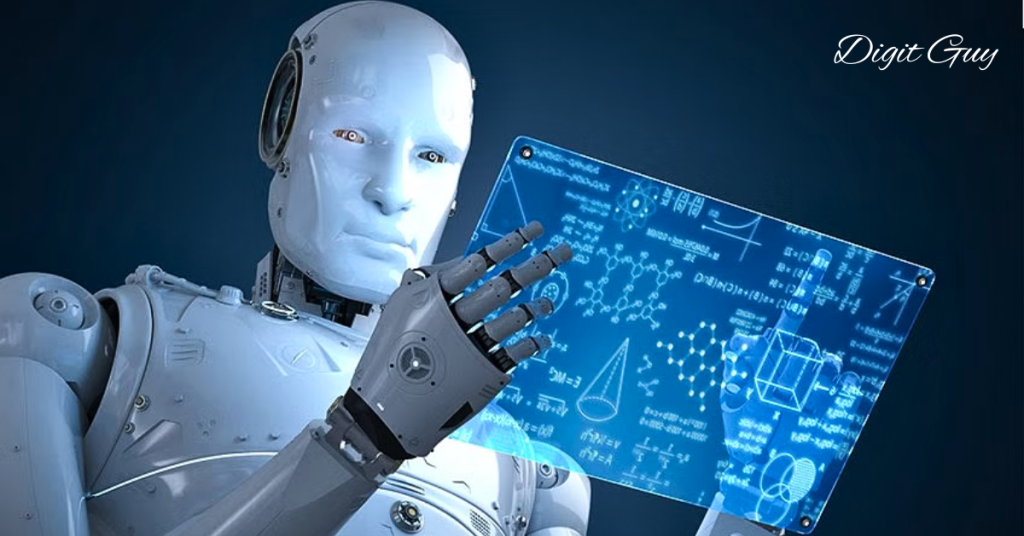
The late 20th and early 21st centuries saw significant advancements in AI, particularly in the area of machine learning. The development of algorithms that could learn from data and improve over time revolutionized the field.
Techniques such as neural networks, deep learning, and natural language processing have enabled AI systems to achieve unprecedented levels of performance in tasks such as image and speech recognition, translation, and game playing.
Applications of AI in Various Sectors
Healthcare
AI has the potential to transform healthcare by enhancing diagnostics, treatment planning, and patient care.. Machine learning algorithms can analyze medical images and detect diseases such as cancer with high accuracy.
AI-powered predictive models can help identify patients at risk of developing chronic conditions, allowing for early intervention.
Finance
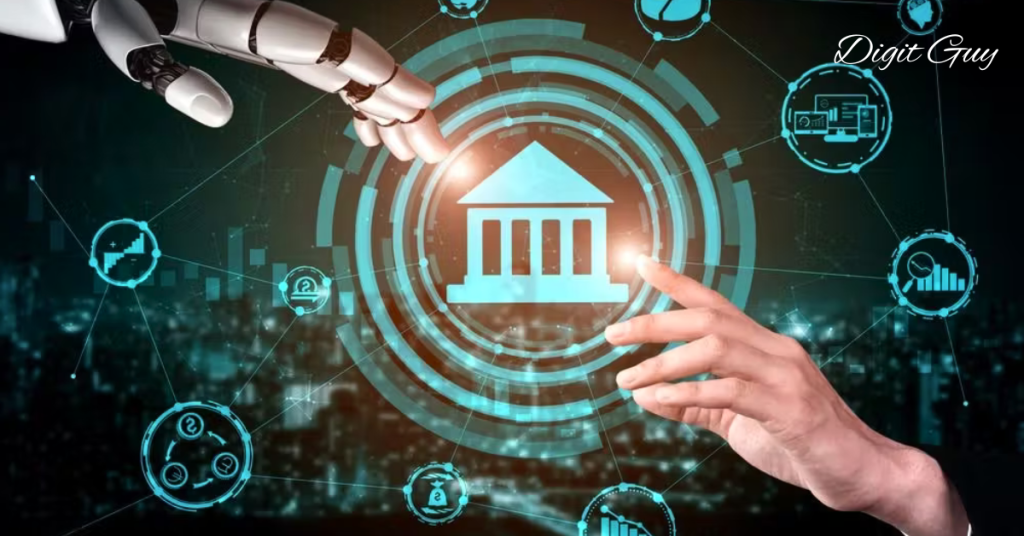
In the financial sector, AI is transforming how we manage and interact with money. AI algorithms can analyze large datasets to identify patterns and trends, enabling more accurate predictions and better investment decisions.
Automated trading systems use AI to execute trades at high speeds and with precision. Additionally, AI-powered chatbots provide personalized customer service, improving user experience and operational efficiency.
Transportation
AI is leading the revolution in the transportation industry. Autonomous vehicles, powered by advanced AI systems, have the potential to reduce traffic accidents, improve fuel efficiency, and provide mobility solutions for individuals with disabilities. AI is also being used to optimize logistics and supply chain management, resulting in faster and more efficient delivery of goods.
Education
In education, AI is enhancing learning experiences by providing personalized instruction and support. Adaptive learning systems use AI to assess students’ strengths and weaknesses, tailoring educational content to their individual needs. AI-powered tools also assist teachers in administrative tasks, such as grading and lesson planning, allowing them to focus more on student engagement and instruction.
The Potential Benefits of AI
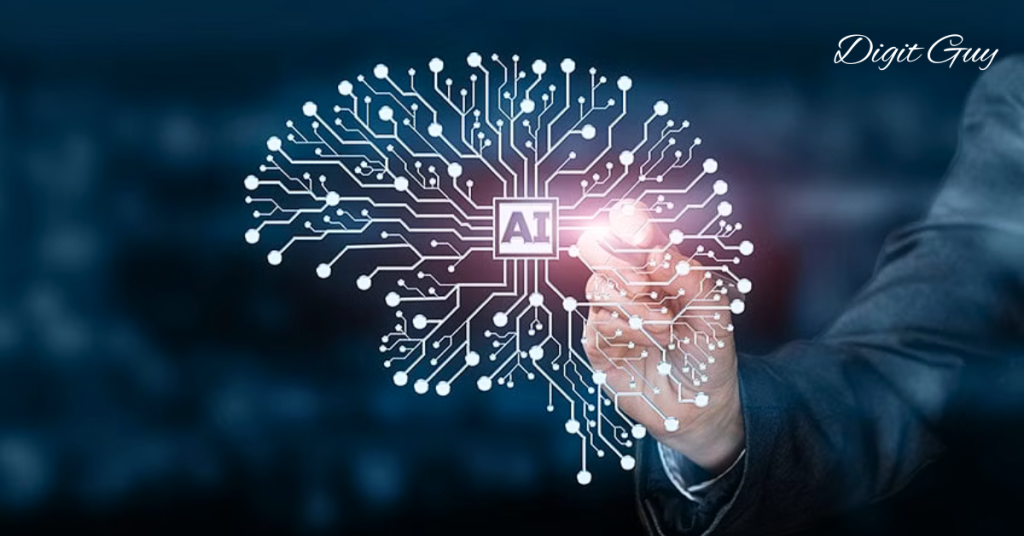
Increased Efficiency and Productivity
One of the most significant benefits of AI is its ability to increase efficiency and productivity across various industries. AI systems can perform tasks faster and more accurately than humans, reducing errors and operational costs. Automation of repetitive tasks allows human workers to focus on more complex and creative endeavors, driving innovation and growth.
Enhanced Decision-Making
AI enhances decision-making by providing insights based on data analysis. Machine learning algorithms can process vast amounts of data to identify patterns and trends that would be impossible for humans to detect. This capability enables businesses and organizations to make more informed and strategic decisions, leading to better outcomes.
Improved Customer Experiences
AI is transforming customer experiences by providing personalized and responsive services. Chatbots and virtual assistants use natural language processing to understand and respond to customer inquiries, providing instant support. AI-driven recommendation systems suggest products and services based on user preferences and behavior, enhancing customer satisfaction and loyalty.
Challenges and Concerns
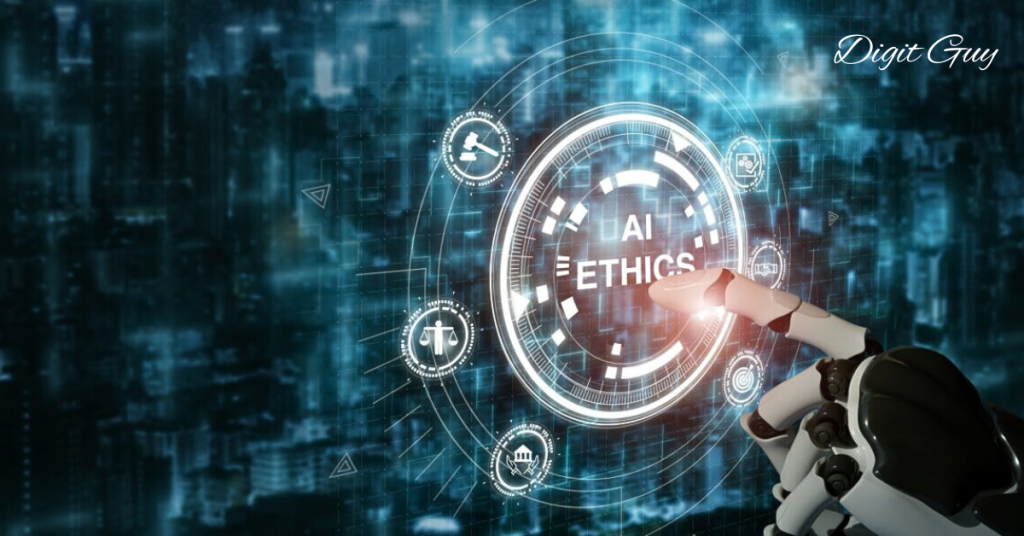
Ethical and Social Implications
The widespread adoption of AI raises several ethical and social concerns. Issues such as data privacy, algorithmic bias, and job displacement need to be addressed to ensure that AI benefits society as a whole. Developing ethical guidelines and regulations for AI use is crucial to mitigate these risks and ensure that AI systems are used responsibly.
Security and Privacy
AI systems rely on large amounts of data, raising concerns about data security and privacy. Ensuring that sensitive information is protected from cyber threats and misuse is essential. Organizations must implement robust security measures and adhere to privacy regulations to safeguard user data.
Job Displacement
While AI has the potential to create new job opportunities, it also poses a threat to certain job categories. Automation of routine and repetitive tasks may lead to job displacement in industries such as manufacturing, retail, and customer service. It is essential to develop strategies for workforce reskilling and upskilling to prepare workers for the changing job landscape.
The Future of AI
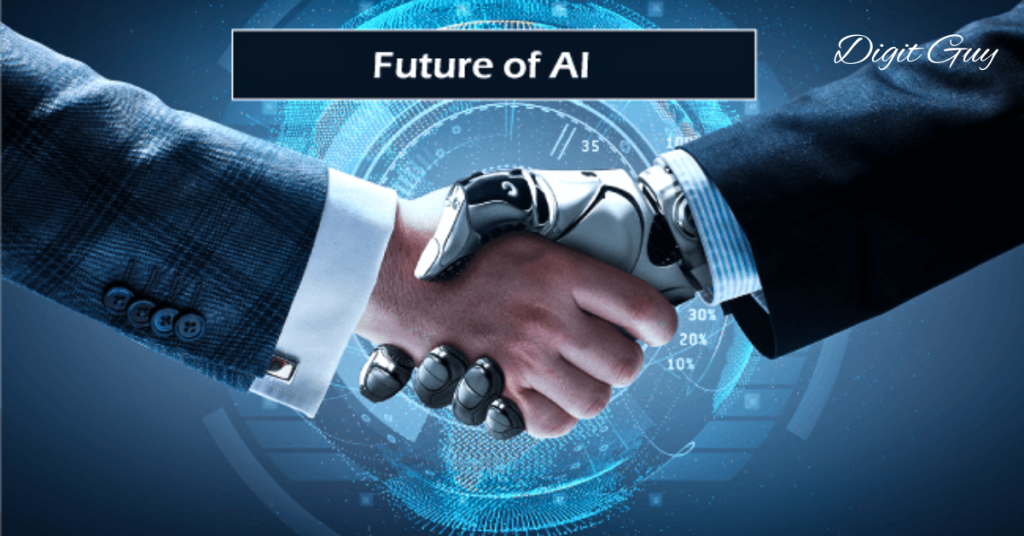
Continued Advancements
The future of AI looks promising, with continued advancements in technology and research. Emerging fields such as quantum computing and neuromorphic engineering hold the potential to revolutionize AI capabilities, enabling even more complex and powerful AI systems.
Integration into Daily Life
As AI technology continues to evolve, it will become increasingly integrated into our daily lives. From smart homes and wearable devices to AI-powered personal assistants, the presence of AI will become more ubiquitous. This integration will enhance convenience, improve quality of life, and open up new possibilities for human-machine collaboration.
AI and Human Collaboration
The future of AI is not about replacing humans but augmenting human capabilities. AI and humans can work together to achieve more than either could alone. Collaborative AI systems can assist in complex problem-solving, creativity, and innovation, leading to breakthroughs in various fields.
Conclusion
In conclusion, AI is undoubtedly a significant force shaping the future. Its potential to transform industries, improve efficiency, and enhance our quality of life is immense. However, it is essential to address the ethical, social, and economic challenges associated with AI to ensure that its benefits are realized by all.
Frequently Asked Question
What is AI?
AI, or Artificial Intelligence, refers to the simulation of human intelligence processes by machines, particularly computer systems. These processes include learning (the acquisition of information and rules for using the information), reasoning (using rules to reach approximate or definite conclusions), and self-correction.
How is AI currently being used?
AI is used in a variety of applications, including but not limited to speech recognition, natural language processing, autonomous vehicles, predictive analytics, robotics, and personalized recommendations in online services.
Will AI replace human jobs?
AI has the potential to automate certain tasks, leading to the replacement of some jobs. However, it is also expected to create new jobs and industries, and enhance productivity and efficiency in existing roles.
What are the potential risks associated with AI?
Potential risks include job displacement, ethical concerns, privacy issues, and the possibility of AI systems making biased or incorrect decisions. There is also the concern about the long-term impact of highly advanced AI systems on society.
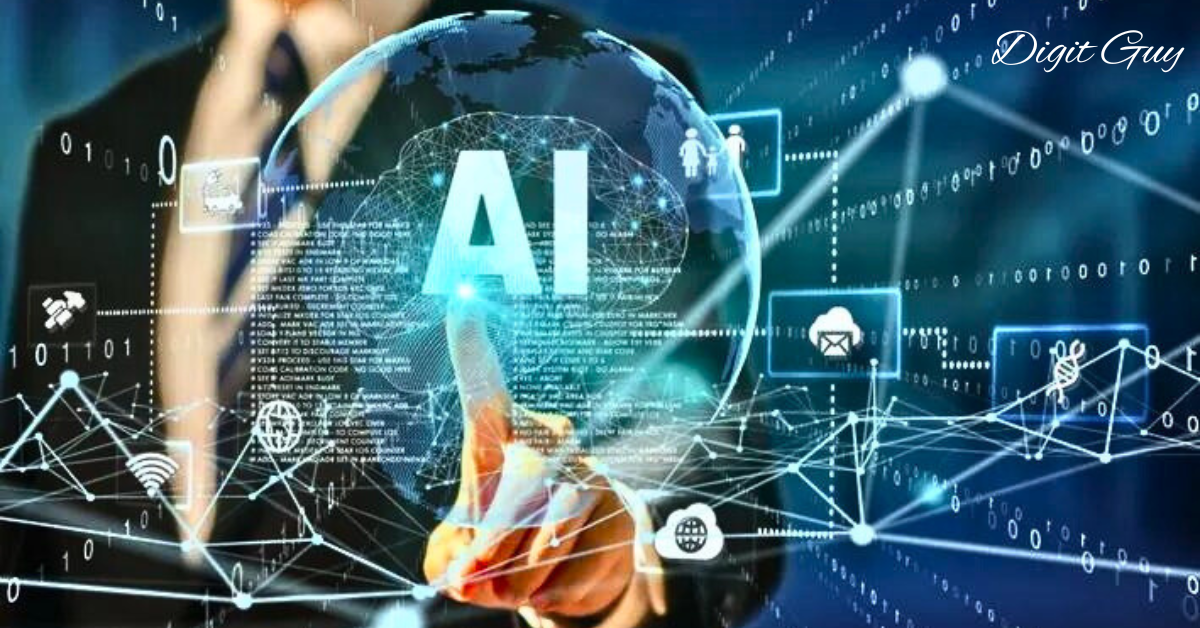
1 thought on “Is AI the Future or Not?”
Comments are closed.